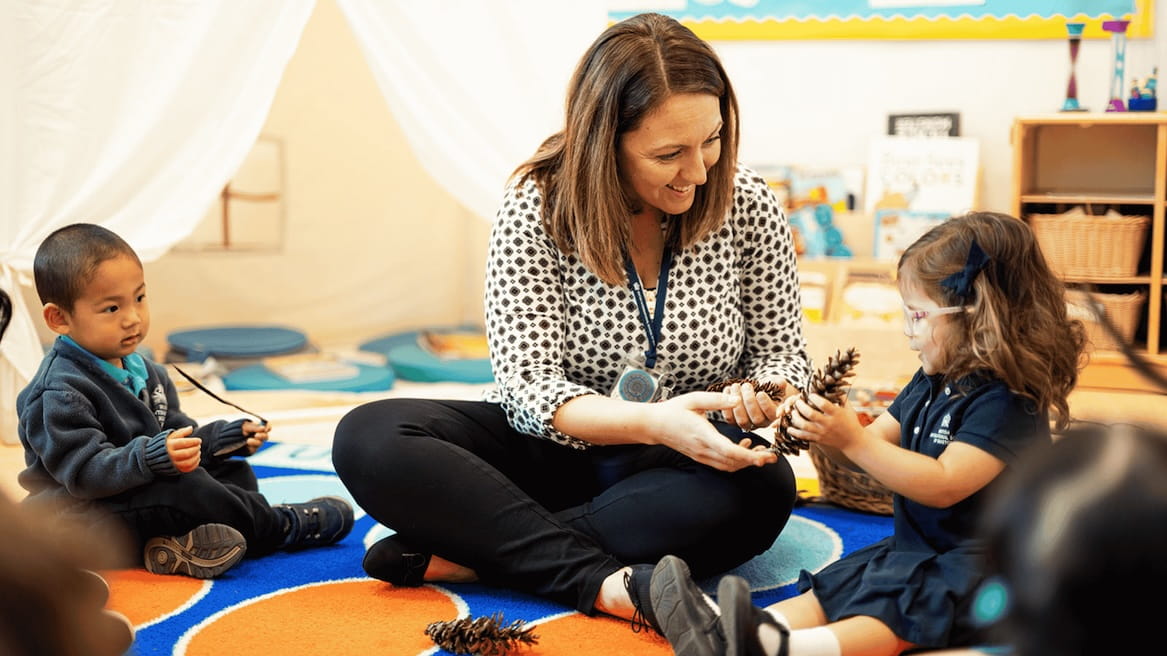We use cookies to improve your online experiences. To learn more and choose your cookies options, please refer to our cookie policy.


Play is far more than just fun and games; it’s a vital part of child development. Through play, children explore the world around them, express emotions, build relationships, and develop essential social skills that lay the foundation for lifelong learning and well-being.
Play is the language of childhood. It’s how children make sense of their environment, test boundaries, and learn to interact with others. Whether it's imaginative role-play, building with blocks, or engaging in outdoor activities, play fosters creativity, problem-solving, and emotional resilience.
Generally, children reach the following milestones in their play as they grow.
18 Months: Shows interest in others, imitates behavior, and expresses emotions.
2 Years: Begins parallel play and imitates adults.
3 Years: Takes turns, shows concern for others, and expresses a range of feelings.
4 Years: Plays cooperatively, negotiates conflicts, and prefers group play.
5 Years: Demonstrates cooperative behavior and seeks peer approval.
Children engage in various forms of play, each contributing uniquely to their development. For example, Pretend Play which enhances imagination and empathy or Physical Play like running, climbing, or dancing to support motor skills.
We want to encourage children to play as often as possible and for extended periods of time. It doesn’t require elaborate, expensive toys. Playful moments can be woven into every day with objects you already have at home. A box can be a rocket, a sieve could be used in the bath to filter out toys, a tape measure might inspire a budding construction worker to start building!
Here are some simple yet powerful ways to encourage meaningful play with your child:
We should provide children the opportunity to play in a range of contexts also, with adults, with other children and independently.
Why Play in Different Contexts Matters
Play is a powerful tool for nurturing social skills in children. By embracing play in all its forms, whether independent, with adults, or with peers, we help children grow into empathetic, confident, and socially adept individuals. Play is a powerful tool for nurturing social skills in children. By embracing play in all its forms, whether independent, with adults, or with peers, we help children grow into empathetic, confident, and socially adept individuals.